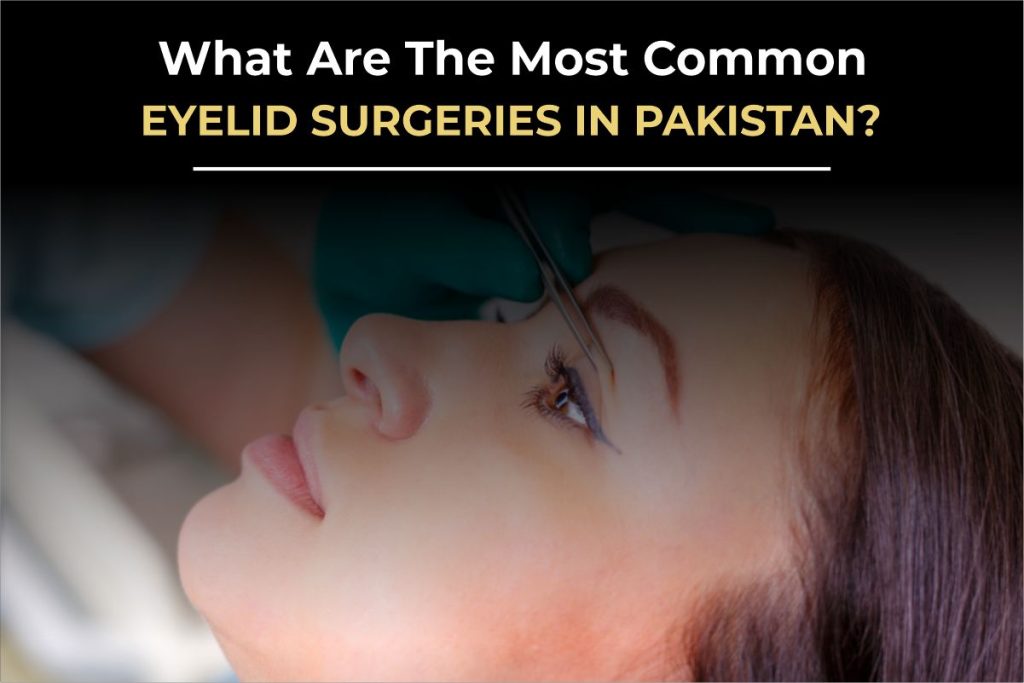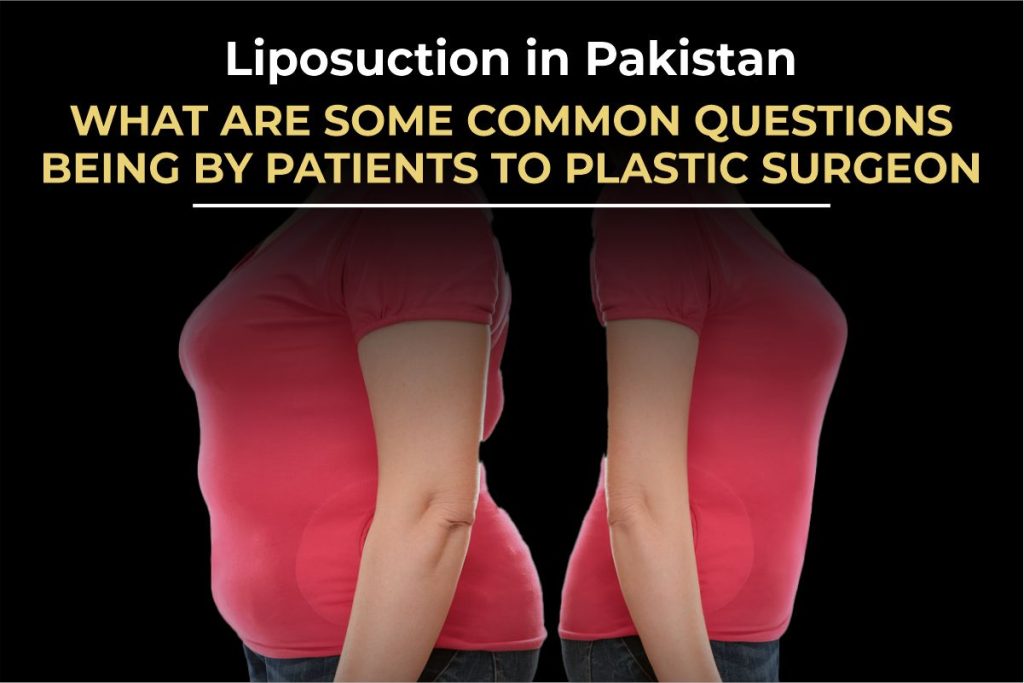
Understanding the Leading Triggers of Hair Loss
Hair loss is a common concern for both men and women and can happen gradually or suddenly. Early signs of hair loss are often subtle but can help individuals take proactive steps to prevent further thinning. Factors such as genetics, hormonal imbalances, deficiencies, and environmental stressors contribute to hair loss, and identifying the root causes is essential to finding effective solutions. This guide will explore the signs of hair loss, potential triggers, deficiencies that can worsen hair loss, and natural approaches to solve hair loss problems.
Early Signs of Hair Loss
Recognizing the early signs of hair loss can help individuals take action to prevent more advanced hair thinning. Here are common indicators:
- Thinning Temples: Thinning around the temples, or sides of the hairline, is one of the first signs of hair loss, often leading to a receding hairline.
- Receding Hairline: The hairline may start to move back, especially around the temples, forming an M-shape. It’s essential to differentiate between a maturing hairline, which is natural, and a receding hairline, which indicates hair loss.
- Thinning Crown: Some people experience hair loss at the crown, or top of the head, which may eventually create a bald spot.
- Diffuse Thinning: This type of hair loss involves an even thinning across the scalp rather than concentrated in one area. Both men and women may experience this type of hair loss.
- Increased Hair Shedding: Shedding between 100 to 120 hairs per day is typical, but a noticeable increase, especially during showering or brushing, can indicate early hair loss.
- Thin, Slow-Growing Hair: Hair that appears thinner and takes longer to grow may be a sign of shrinking hair follicles, leading to weaker, brittle hair.
What Triggers Hair Loss?
Multiple factors can contribute to hair loss, including genetic predisposition, hormonal changes, nutrient deficiencies, and lifestyle habits. Identifying these triggers of hair loss can help individuals choose the best approach to prevention and treatment.
Hormonal Imbalances
Hormonal fluctuations are one of the most common causes of hair loss in both men and women. Androgenetic alopecia is a genetic condition that makes hair follicles highly sensitive to dihydrotestosterone (DHT), a hormone that shrinks hair follicles, leading to thinning and hair loss.
- DHT: High levels of DHT are linked to hair follicle miniaturization, which results in finer, shorter hair until growth eventually stops.
- Cortisol: Known as the “stress hormone,” high cortisol levels can weaken the immune system and lead to hair loss.
- Estrogen: Fluctuations in estrogen levels, such as during pregnancy, postpartum, or menopause, can contribute to hair thinning. Estrogen imbalance may also impact thyroid function, further exacerbating hair loss.
Nutritional Deficiencies
Poor nutrition or specific vitamin and mineral deficiencies can significantly impact hair health. Which deficiency causes hair loss is often linked to essential nutrients necessary for hair growth and follicle health.
- Vitamin D: Low vitamin D levels can slow hair growth, as this nutrient plays a role in the development of hair follicles.
- Iron: Iron deficiency is particularly common among women and can lead to anemia, which reduces oxygen supply to hair follicles and slows growth.
- Biotin: Also known as vitamin B7, biotin supports keratin production, which is crucial for healthy hair. Deficiency may lead to brittle, thinning hair.
Environmental and Lifestyle Factors
- Stress: High stress can push hair follicles into a resting phase, causing increased shedding and slower regrowth.
- Diet: Poor dietary habits, especially diets low in protein or healthy fats, can affect hair health. Omega-3 fatty acids, for example, help maintain the scalp and hair structure.
- Hair Treatments: Frequent exposure to chemicals, excessive heat, and tight hairstyles can damage hair over time, leading to breakage and weakening.
Solving the Hair Loss Problem
How to solve hair loss problems varies depending on the underlying causes, but several effective approaches include dietary adjustments, hormonal treatments, supplements, and natural remedies.
Medical Treatments for Hair Loss:
For those with more advanced hair loss, medical interventions may be necessary.
- Minoxidil: This over-the-counter treatment is applied directly to the scalp and has been shown to improve hair density in both men and women.
- Finasteride: This oral medication is commonly prescribed for men and helps slow hair loss by blocking DHT production.
- Exosomes for Hair Loss: Exosome therapy is an emerging treatment that uses stem cell-derived exosomes to stimulate hair regrowth. This option may be suitable for those seeking a regenerative, minimally invasive solution.
Male pattern baldness, medically known as androgenic alopecia, is the most common cause of hair loss among men. Statistics indicate that around 50% of men will experience some degree of this condition during their lifetime. Diagnosing male pattern baldness accurately is crucial for effective treatment and management.
What is Male Pattern Baldness?
Male pattern baldness is primarily caused by genetic factors and the effects of hormones, particularly dihydrotestosterone (DHT). This condition leads to a progressive miniaturization of hair follicles, resulting in thinner and shorter hair over time.
Diagnosis of Male Pattern Baldness
1. Visual Examination
- The simplest diagnostic method involves visually examining the scalp for hair thinning or loss patterns.
- Key patterns include a receding hairline, thinning at the crown, or both.
- This method is often sufficient for diagnosing typical cases but lacks precision for more complex presentations.
2. Use of a Dermatoscope
- A dermatoscope provides magnified visualization of the scalp and hair follicles.
- Through magnification, miniaturized hair follicles can be identified, which is a hallmark of male pattern baldness.
- This method allows for a detailed assessment of hair distribution, density, and the progression of follicle miniaturization.
3. Biopsy for Confirmation
- In atypical or unclear cases, a scalp biopsy may be performed.
- Small skin samples are taken from different areas of the scalp and examined under a microscope to detect histological changes associated with androgenic alopecia.
- While effective, this method is invasive, leaves small scars, and is generally reserved for uncertain diagnoses.
Importance of Accurate Diagnosis
An accurate diagnosis is essential as it determines the treatment options available. Tools like dermatoscopes help ensure precision, avoiding unnecessary invasive procedures like biopsies in typical cases. Consulting a trained medical professional is crucial to identify male pattern baldness and rule out other potential causes of hair loss.
Understanding the progression of male pattern baldness through proper evaluation can guide timely interventions and improve treatment outcomes, offering men effective strategies to manage this common condition.
Signs of Female Pattern Hair Loss
While hair loss is often associated with men, women can also experience female pattern hair loss. Female pattern baldness usually presents as diffuse thinning across the scalp rather than concentrated bald spots. Key indicators include:
- Widening Part: A noticeable widening in the part line, especially at the crown, may indicate thinning in women.
- Increased Hair Shedding: Greater-than-normal hair loss during brushing or showering can signal early hair thinning.
- Overall Scalp Visibility: As hair density decreases, the scalp may become more visible, especially in natural lighting.
Preventing Hair Loss Naturally
For those aiming to stop hair loss and regrow hair naturally, certain lifestyle practices can support scalp and follicle health.
- Balanced Diet: A diet rich in whole foods, particularly those high in vitamins, minerals, and protein, promotes hair growth. Leafy greens, eggs, nuts, and fish are particularly beneficial for hair health.
- Stress Management: Techniques like meditation, yoga, and exercise can help manage stress and reduce cortisol levels, potentially minimizing stress-related hair loss.
- Gentle Hair Care: Avoid harsh chemicals, heat styling, and tight hairstyles that strain the scalp and hair. Choosing sulfate-free shampoos and conditioners can also protect hair from damage.
Recognizing When to Seek Help
While mild hair thinning can often be managed through diet and lifestyle changes, more severe or rapid hair loss may require professional guidance. Consulting a dermatologist or hair specialist can provide insights into underlying causes and effective treatments. Early intervention with tailored solutions, whether through vitamins, medications, or lifestyle adjustments, can significantly improve outcomes for individuals dealing with hair loss.
In summary, understanding the early signs of hair loss and recognizing specific triggers of hair loss can help individuals take steps toward healthier, fuller hair. By addressing potential deficiencies, managing stress, and exploring both natural and medical solutions, it is possible to minimize hair loss and support natural regrowth.




